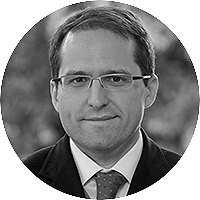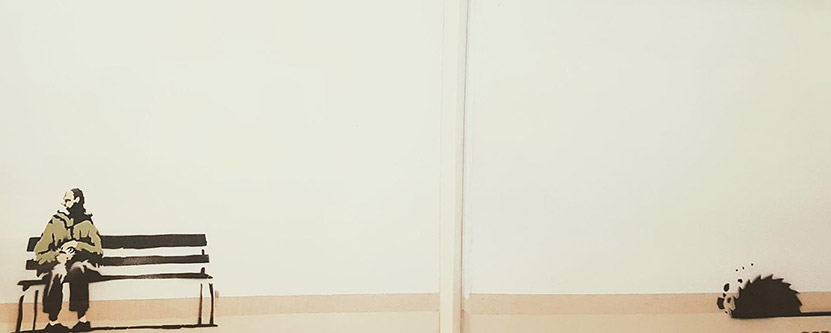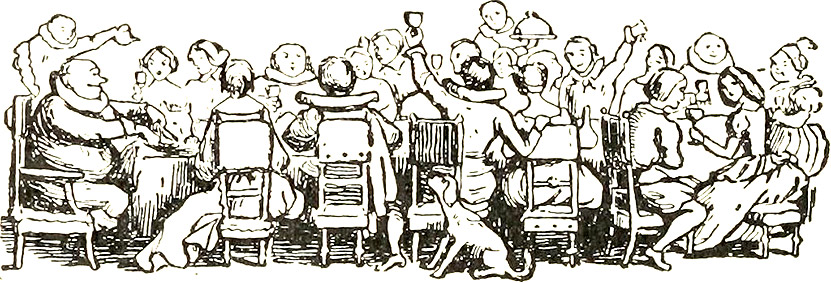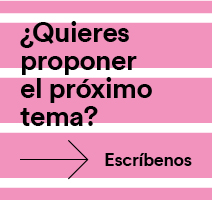Give your opinion
The curve of utilitarianism and the peaks of solidarity: ethical lessons from COVID-19

José María Torralba, professor of PhilosophyMoral and Politics, and director of the
high schoolCore Curriculum of the University of Navarra, reflects on the
on the ethical changes brought about by the pandemic: "We have a new opportunity, as a society, to reflect on and learn from what we have experienced".
a new opportunity, as a society, to reflect on and learn from what we have experienced".

Nothing will ever be the same again. This is one of the mantras repeated during the pandemic. It is called the "new normality" statusthat begins after overcoming the worst of the crisis. Many argue that we are facing a turning point in the economic model, the conception of the state or the organisation of society. I would like to argue that 2020 could also be marked in the history books as a milestone in the ethical progress of our communities.
It is in crises like this that the moral character of individuals and societies comes to the fore. It brings out the best and the worst in everyone. This is why COVID-19 offers ethical lessons that we would do well to learn from grade. One of the main lessons concerns the relationship between utility and solidarity. In common usage, these values are often opposed to each other. Those who are guidefor the sake of utility are selfish and see life through the prism of profit; on the other hand, those who have an attitude of solidarity put each person at the centre and value selfless service.
For decades, we have lived in a world dominated by utilitarian principles. People who are frail - because of their disability, health or age - are often discarded or marginalised by the system. As a counterbalance to these attitudes, there is a growing effort to create inclusive societies, because all people are of equal value.
In the current crisis, some peaks of solidarity have been reached that offer an opportunity to flatten the social curve of utilitarianism. I will refer to some examples from the professional and care fields. In recent weeks we have seen the usefulness and importance of service jobs, which are often discredited. In addition, in health care, there have been ethical dilemmas The equal dignity of all people, especially the weakest, has been brought to the forefront.
Banksy's recent drawing of a boy who puts Batman aside to play with a nurse in a flying cape sums up well the idea of the new heroes emerging from this crisis. It is also significant what a health worker said in an interview: he was touched by people's gratitude, but he was annoyed by the degree scrollof "hero". He was still doing his work; it was just that now people were beginning to recognise the importance of his work. Of course, heroism has nothing to do with superpowers, but with the capacity shown by so many people to rise to the occasion - very difficult in this case - and to work with a sense of service in seeking the good of others, going beyond the call of duty when necessary.
It was news that Boris Johnson, in his words of thanks on leaving hospital, mentioned by first name not the doctors who, after all, were the ones who had got the treatment right that saved his life, but the two nurses who cared for him in his most critical 48 hours. In this regard, Harvard philosopher Michael Sandel has pointed to the need for us to reflect on "what we owe each other" so that we can give due recognition to the professions that we now know are essential.
In a statusof lack of means to treat the sick, debates have arisen about triage (1) and the difficult decision about who to prioritise. In Italy, one medical society suggested following the utilitarian principle of maximising the benefit for the greatest issueand therefore prioritising, among others, those with the most years of life ahead of them. The French Bioethics committeeruled out this option. This possibility was also raised in Spain and there were statements against such policies, such as those of the Catalan Medical Union. Age in itself cannot be a criterion for deciding, nor can quality of life limited by any disability subject, according to representatives of this group such as CERMI.
Video "What's the right thing to do". by Michael Sandel. Ted Talk, Harvard
Going down the utilitarian path - with its appearance of logic and rationality - would undermine the ethical instructionsof our societies. In an interview with Le Monde, Habermas put it unequivocally: there are no lives more valuable than others. Unfortunately, the pandemic has taken its toll on the elderly. The sad events of recent months have brought about a special awareness of our responsibility towards them.
The ethical lessons of the last global crisis - the economic crisis of 2008 - were soon forgotten. It is not for nothing that we are the only animal that trips over the same stone twice. Now we have a new opportunity, as a society, to reflect and learn from what we have experienced. We need more public dialogue on moral issues. We need a Educationto help young people discover the service dimension of the various professions. We need to highlight the social value of the elderly, the dependent and the sick. In this crisis we have seen how much we are capable of. Together, with an active and strong civil society, we can make sure that nothing is ever the same again.

Published 14.05.2020 in La Razón, link.
(1) The so-called nurse triage, which allows the staffnurse to head primary care and only refer certain cases to a doctor, is at the centre of the discussionon health planning. Several health centres are already operating without a doctor, to the anger of the doctors. On the other side, nursing groups believe that this is the system of the future. (rtve)






